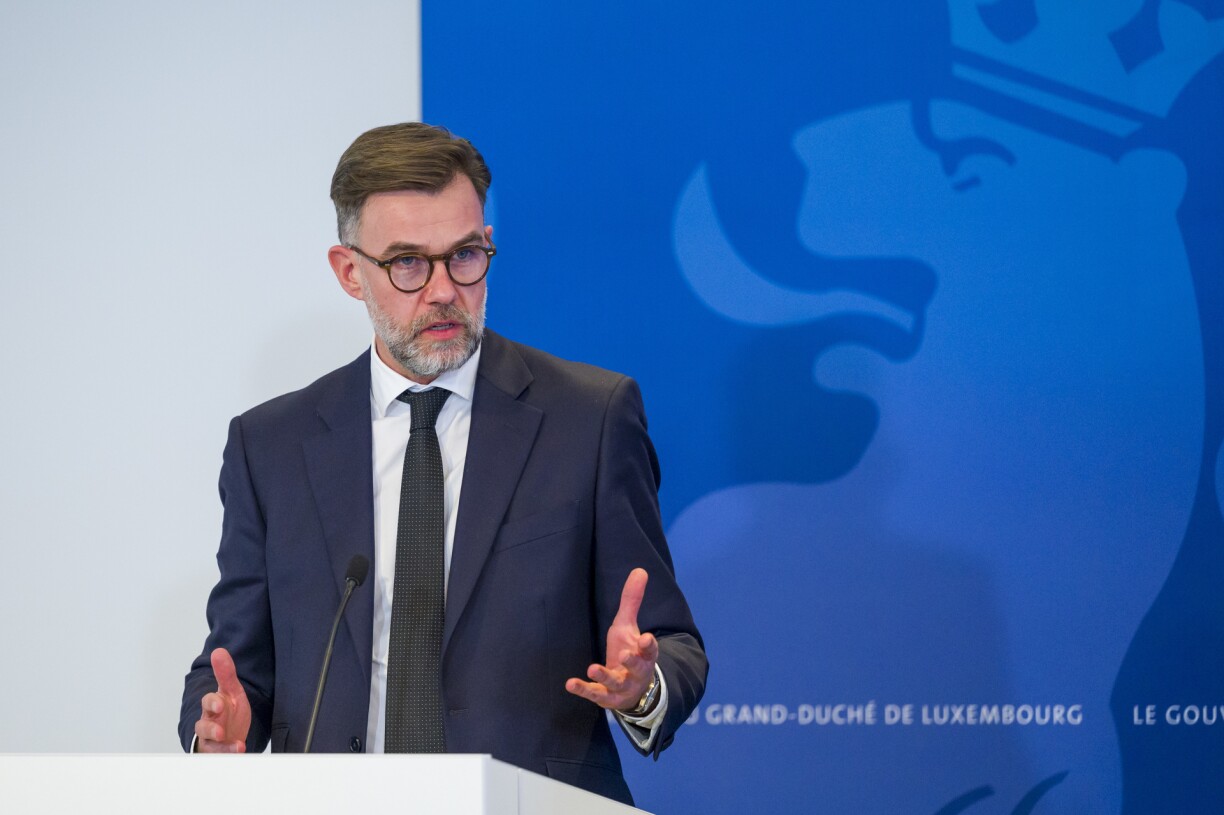
Investigative news site Reporter.lu published an article detailing several instances where Fayot reportedly used taxpayers’ money to pay for expensive meals and wine during government trips. Fayot initially expressed embarrassment and later provided a written explanation.
The article raises questions about the distinction between business and private expenses. For example, Fayot is said to have invited his delegation to an upscale restaurant in Costa Rica, with the expenses covered by the state.
Two years ago, Fayot and several employees travelled to New York a few days prior to their official mission starting. The hotels were paid by the staff themselves, but Fayot still paid for dinner and cocktails with his government credit card - over €600.
Fayot initially declined to speak to the press on Tuesday.
In his written response published later that day, Fayot explains that these are all work-related meals. Whether with foreign delegations or his own staff, as a briefing or debriefing dinner, his staff would be invited on State costs. To dispel doubts, Fayot has decided to personally cover the expenses of the New York meal.
Fayot also apologised for using state funds to pay for chocolate and sweets from an airport shop, acknowledging it was a mistake, and the amount has been reimbursed.
Upon request by RTL, Fayot later said: “This is a job where one goes for dinners frequently. I’ve often invited my staff, sometimes as reimbursable expense but often also private, because I want to show them I am grateful for their work.”
The issue of business expenditures for food and accommodation is regulated by the grand-ducal regulation of 14 June, 2015, which sets maximum daily amounts. The regulation allows staff to fly business class on flights lasting over four hours.
Article 10 states that government members are entitled to reimbursement of their actual travel and accommodation expenses, provided they provide proof and a motivated declaration. This provision also applies to members of the Council of State during official travels.
Speaking about his case, Fayot said: “I think this was all within the lines. But it is clear there aren’t many rules in this area, leaving ministers to decide what is reasonable and what not.”
The regulation does not specify the nature and amount of these expenses. Therefore, there is no limit for expenses within the official framework. However, private expenses, even during a business trip, are not covered by the state. Ministers must provide supporting documents, such as invoices, to have eligible expenses reimbursed.
Reporter.lu also highlighted that Fayot’s partner accompanied him on several trips. Fayot clarified that their travel expenses were privately paid.
The Ministry of State explained that there are no specific rules regarding government members being accompanied by their partners. However, if partners are part of the official delegation and their fees are borne by the public, an official partner programme must be in place.
“The government will soon deal with these procedures in one of the next government councils,” the Ministry of State concluded.
Reporter.lu requested the business expenditures of other ministers as well.